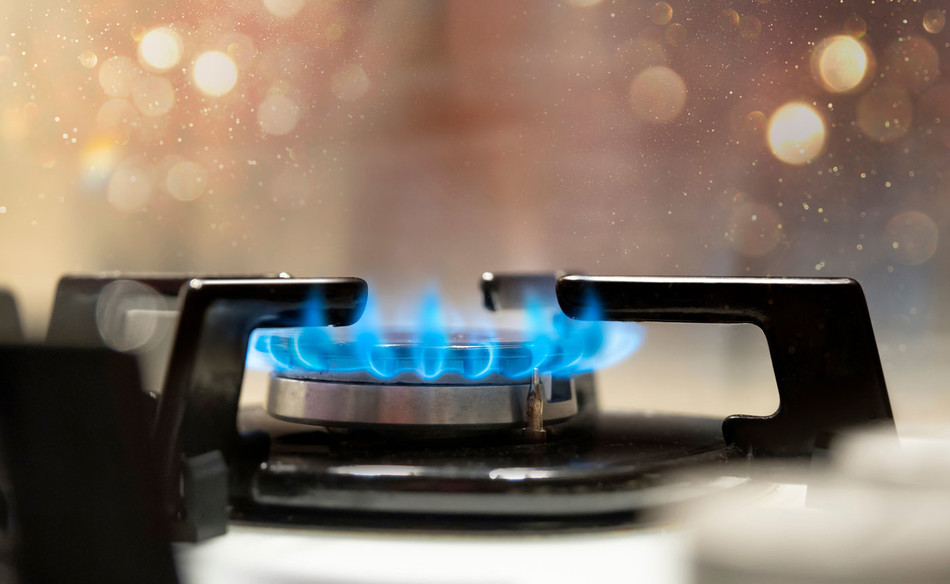Many American homeowners have been replacing their gas stoves with electric models lately, prompted by a succession of studies that show that gas cooktops emit potentially harmful levels of nitrogen dioxide, carbon monoxide, and other toxins.
Yet, health officials say, it is renters who face some of the worst consequences of cooking with gas, since they typically do not choose their own appliances and often live in tight quarters with minimal ventilation. Some experts have suggested publicly funding stove-replacement programs to protect low-income apartment dwellers in urban areas.
To assess the potential impact and feasibility of such a program in New York City, a team of Columbia scientists recently conducted a pilot study at a ninety-six-unit public-housing project in the Bronx, randomly assigning households to receive new electric stoves or to keep their old gas ones. The researchers then monitored the air quality in the tenants’ homes for ten months and found striking differences. For example, they determined that the residents still using gas stoves were routinely exposed to nitrogen dioxide at levels twice as high as the safe standard set by the US Environmental Protection Agency for children, the elderly, and people with respiratory ailments, while electric-stove users faced only negligible amounts of nitrogen dioxide. Similar discrepancies were found in residents’ exposures to carbon monoxide.
On the strength of the study, which Columbia researchers conducted in partnership with the environmental organization WE ACT and the Berkeley Air Monitoring Group, New York City officials have announced plans to expand the stove-replacement initiative to serve all residents in the Bronx building where the research was conducted. The authors say that the initiative, if it were to be expanded citywide, could significantly reduce rates of asthma and other medical conditions linked to air pollution, which disproportionately affect low-income communities and people of color.
“Electric stoves are better for health, better for the environment, and according to the residents we spoke to, easier and more enjoyable to use,” says Darby Jack, a Columbia associate professor of environmental health sciences who took part in the research.
This article appears in the Spring/Summer 2023 print edition of Columbia Magazine with the title "Cooking clean in NYC."




